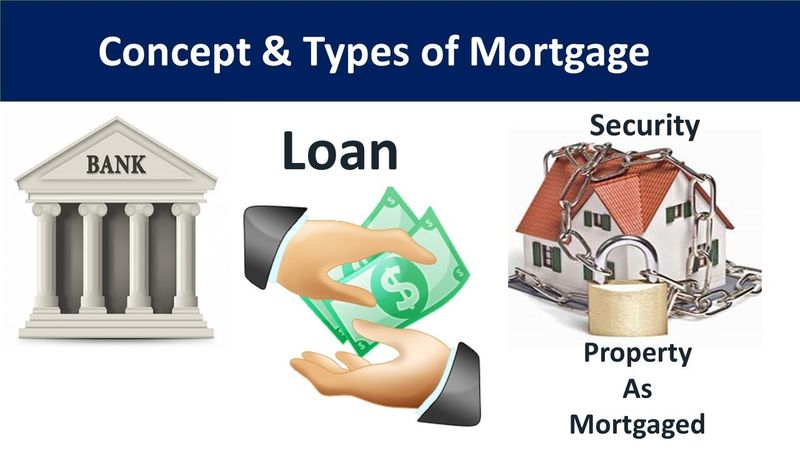Major Drawbacks of Reverse Mortgages
A reverse mortgage is a scheme where senior citizens can relinquish equity on their home in exchange for a loan amount. It is not very popular in India due to the following reasons:
Attachment to Homes
In reverse mortgages, customers have to pledge their home as an asset. This is in contraction to the customer’s or their heir’s attachment to their home.
Higher Associated Charges
Some lenders might charge a high origination fee that covers their operating expense. Some even have mortgage loan interest rates.

Rules on Residing
The scheme doesn’t allow the property to be vacated for more than a year. This is undesirable for the citizens who want to live with their children abroad.
Restrictions on Changing the Existing Structure
Any structural changes made which can affect the value or security of the property can result in termination of the loan agreement.
Limit on Loan Amount
Usually, the scheme limits the loan amount to Rs.1 crore. It is insufficient if the property is worth more than that.
Fixed Payments
Customers are entitled to fixed payments which make it difficult to fund unpredictable and urgent expenses.
Many Documents required
Customers need to submit numerous documents for the loan application.
Lengthy Application process
This policy involves lengthy and tedious procedures. Senior citizens find it challenging to understand all the in-and-out of the scheme in a single seating or wait too long.
If senior citizens want to circumvent the disadvantage of lengthy procedures and need immediate funding, NBFCs like Bajaj Finserv offers Loan Against Property within 72 hours. Such lenders have affordable loan against property interest rates and offer a loan amount of up to Rs.3.5 crore to self-employed customers.
